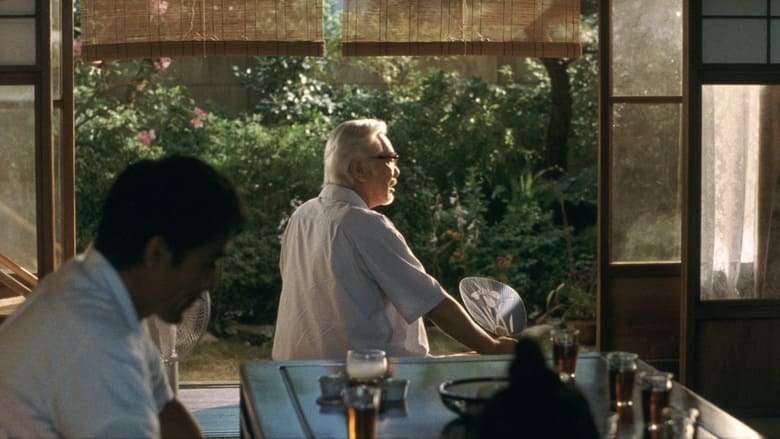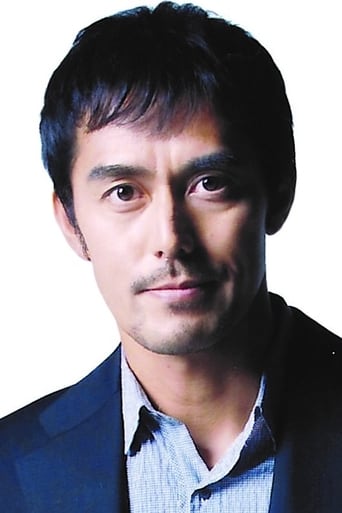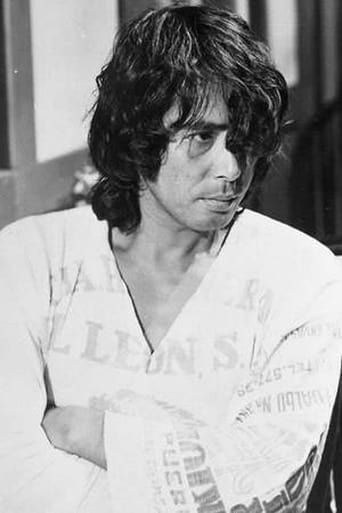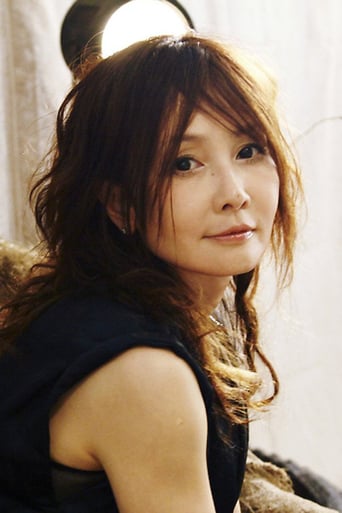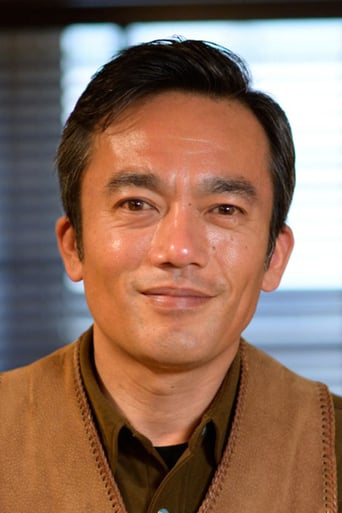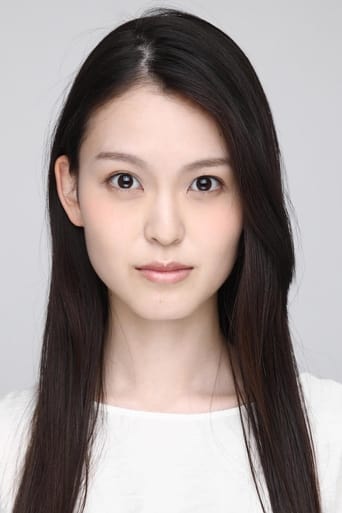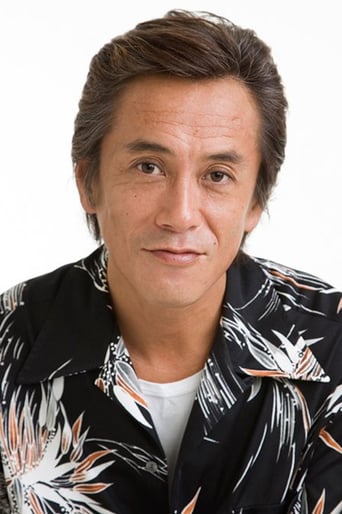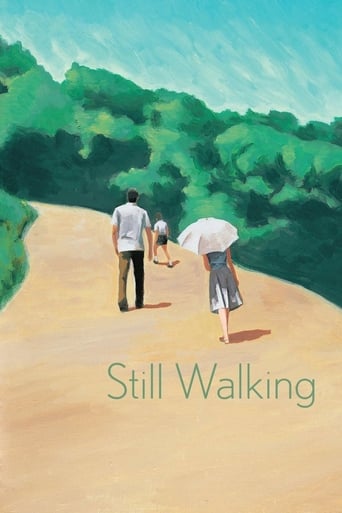
Still Walking
August. 28,2009 NRTwelve years after their beloved eldest son, Junpei, drowned while saving a stranger's life, Kyohei and Toshiko welcome their surviving children home for a family reunion. Younger son Ryota still feels that his parents resent that he isn't the one who died; his new wife, Yukari, is awkwardly meeting the rest of the family for the first time. Daughter Chinami strains to fill the uncomfortable pauses with forced cheer.
Similar titles
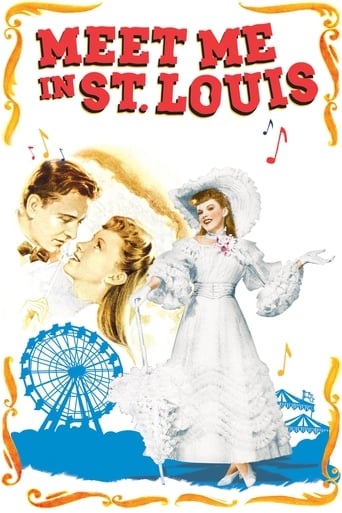

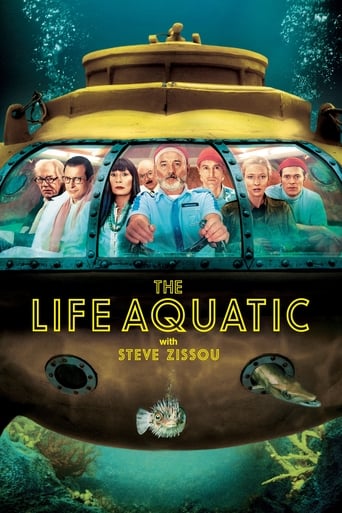

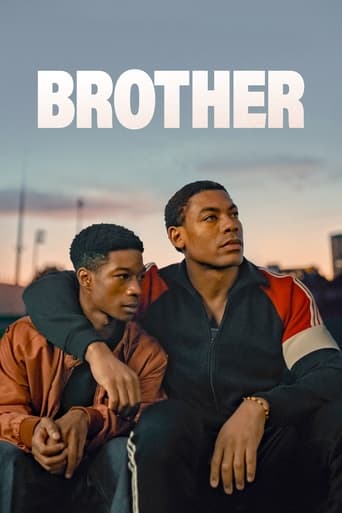
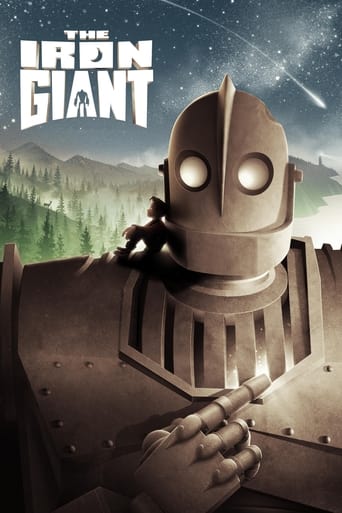

You May Also Like

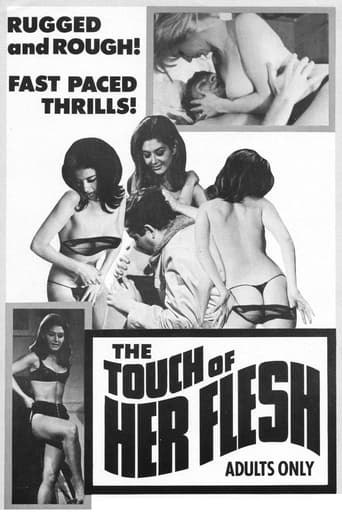

Reviews
I like the storyline of this show,it attract me so much
Did you people see the same film I saw?
It's not great by any means, but it's a pretty good movie that didn't leave me filled with regret for investing time in it.
Although it has its amusing moments, in eneral the plot does not convince.
I liked Air Doll so much I decided to seek out more films made by its director Hirokazu Kore'eda. Imagine you have a new friend in life, someone you have a fondness and respect for, and they invite you along to meet the family of one of their best friends. You'll probably attend with an optimistic attitude, thinking the old adage "friends of yours are friends of mine." Such was my approach to seeing this film.There is a rich tradition of the family drama in Japanese cinema and this is a worthy addition to it. Still Walking observes and reveals the humor, history, and hidden emotions of an extended family over the course of twenty-four hours. A brother and sister, their spouses and children, attend a yearly gathering at the home of their parents to commemorate the death of their older brother, the pride of the parents, who died accidentally fifteen years ago while attempting to save a young boy, a stranger, from drowning.The film has a languid pace and a subtle sense of humor. There is a stereotypical grouchy and reserved father who has a stereotypically antagonistic relationship with his second son, a doting and good-humored mother, a loving and amiable sister. It seems like there may not be anything new here. There really isn't, and not much happens until another annual guest to the gathering shows up. He is the boy the older brother saved from drowning. He's an overweight, fidgety, perspiring loser. He is extremely uncomfortable and we can sense the parent's resentment that it was not him who died instead of their son.There was something about Air Doll that bothered me. There is a scene where the Air Doll meets, literally, her maker. The man basically essays to her on the meaning of the film: aren't human beings just empty vessels too, desiring and needing to be filled up? I've come to think that Kore'eda didn't trust his audience, or perhaps himself, enough to let the film speak for itself. He felt the need to explain it. There is a similar scene in Still Walking. After the ill-at-ease boy leaves the family's home the son observes to his mother that it seems almost cruel to invite him as he seems so uncomfortable, almost tortured by it. The mother acknowledges this and says "That's why we invite him." The scene should have cut right there but Kore'eda has the mother discourse on the necessity of this sadism.Even with that flaw, and the fact that Still Walking doesn't present an original scenario, I still loved it. I enjoyed meeting this family. Kore'eda and the cast bring a freshness to the family drama staple of Japanese cinema. The photography is beautiful, the direction is fluid and accomplished, the performances superb, and there is a surprisingly good amount of subtle humor throughout the film. Highly recommended to those who enjoy the slow-paced and thoughtful.
I very much enjoyed Nobody Knows (Dare Mo Shiranai) and After Life (Wonderful Life) immensely and found another good and engaging movie with Still Walking. Kore Eda seems to be in a small group of directors who use minimal music and other traditional movie elements in order to convey the story to the viewer. Just as talking in a low voice will elicit the heightened command of a listener, so too does Kore Eda use subtle dialogue and action to focus the viewers attention to what's going on.I can totally relate to the family in Still Walking because they come across as anyone's family. Literally. I felt as though I could have been watching my own family and not some Japanese family to whom I could not relate. All the elements are there from the big-city adult children coming to visit their small-town parents with their children en tow. The interplay between the fast pace of urban life and slow pace of rural life meet somewhere in the middle. Throughout, I felt as I usually do in a Kore Eda movie: a silent and invisible observer.The premise of the movie is that the family gathers together once a year on the anniversary of the death of the eldest son who we learn had drowned saving the life of another person who himself was attempting to commit suicide by drowning in the sea. As you may know, in Japanese society, if you save the life of someone who wishes to commit suicide, you effectively are responsible for their life going forward. In this case, the person doing the saving, the eldest son, had died in the process. So we see the person who he saved return year after year to be reminded in an indebted but somewhat cruel manner that he is alive and that he will be, for the rest of the parent's of deceased lives, be required to suffer the (cultural) humility of "being alive" while their son is dead.We also see the typical social dilemma of what to do as ones aging parents and additional interplay between the surviving son and his new, but widowed, wife and her child. We've seen the transaction a million times in other movies: mother in law has her comments and opinions, wife complains to the husband about her and her son's treatment, son has to either stand up to the parents or find some middle ground.All in all, it's well played out and I was very pleased by this film. It's an amalgam of growth, change, sacrifice, forgiveness, and the road we all have to travel as we get older or if we have children ourselves. Oddly though, the film's title doesn't make sense until near the end of the movie.
A respected art house audience film that likewise connects with critics. This Ozu-influenced drama is heavy on Japanese culture, particularly family values. Those unfamiliar with this culture may have difficulty understanding character thinking and motivation.For myself, I tend to appreciate the authentic look to the drama, without feeling or caring much about what happens. The often static camera during family meals (the time spent eating seems to be filmed in real time) didn't help much in providing movement to the enactment. Actually, I prefer the French film, "A Sunday in the Country," which has a similar feel and is much more involving. That's purely my reaction, and will concede the art house where it's playing is the best place for it and where it needs to be.
Its not often I return to see a film immediately to see it again, but this is a film which demands it. This is a masterly film by Koreeda following an ordinary middle class Japanese family has they have an annual reunion to commemorate the older brother who died rescuing a boy from drowning. In its slow, gentle, poetic way, this film brings us into the heart of the family so well you feel it is your own - indeed, the characters are so real, so richly portrayed, that you almost come to believe you know them as well as your own family.A simple plot précis doesn't do justice to what this film is about. It shines a light into those repressed areas of resentment, sentimentality, nostalgia, guilt and desire that are so often hidden behind a facade of politeness. Koreeda is too subtle a director to have any big blow ups or surprises - he reveals his characters in a gentle manner as detail is laid upon detail. When the ending comes it is not a surprise, but it is still profoundly moving and thought provoking. This is a film that will stay with you long after you leave the cinema.A lot has been made about the films debt to Ozu. I think this is very overstated - although there are one or two stylistic nods to Ozu at the beginning, Koreeda is a very different type of film maker. Unlike Ozu he uses tiny surreal moments of beauty to contrast with the realism of the rest of the film. His use of editing and camera work is far less formal and rigorous - instead he allows the camera to follow the characters, revealing the layers of the home. And most importantly, while Ozu emphasised the death of the traditional Japanese family and considered it with sad resignation, Koreeda sees families as all alike, stuck in a series of inescapable cycles. In many respects this film reminded me more of some of Naruse's classic films than Ozu.The cast is uniformly excellent, with Kiki Kirin utterly wonderful as the grandmother. The only very small quibble I have with the casting is that Koreeda succumbed somewhat to casting some characters who are a little too elegant and good looking for the 'normal' people they portray. Hiroshi Abe and Yui Natsukata are maybe a little too good looking to be convincing as the less than 100% welcome family members. But that is a very minor criticism of what is a terrific ensemble piece.I think this film is one of the finest of the year and may well come to be seen as a classic. It can certainly sit comfortably with any of the great films of Japans golden era.
Top Streaming Movies











